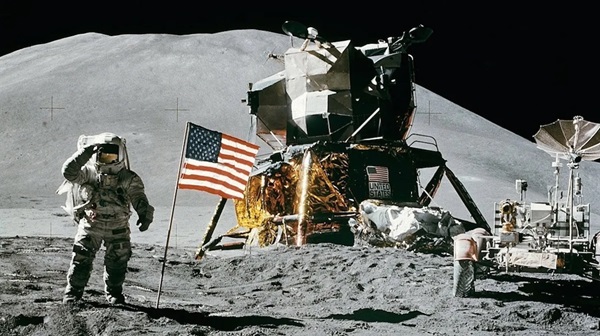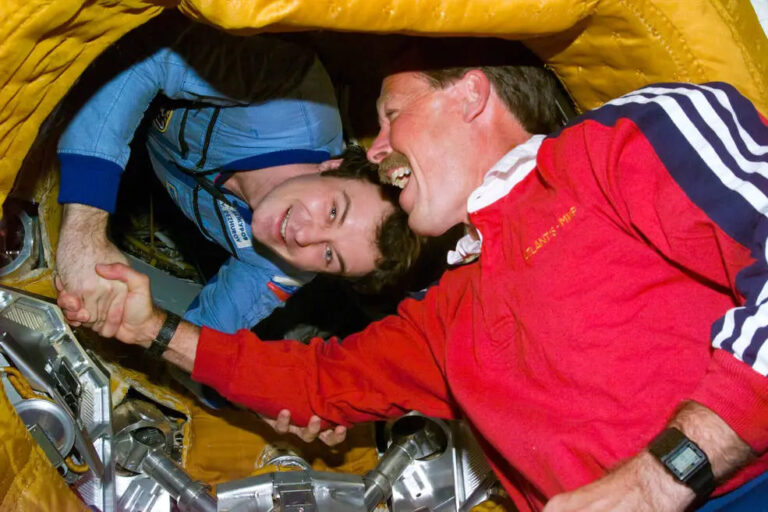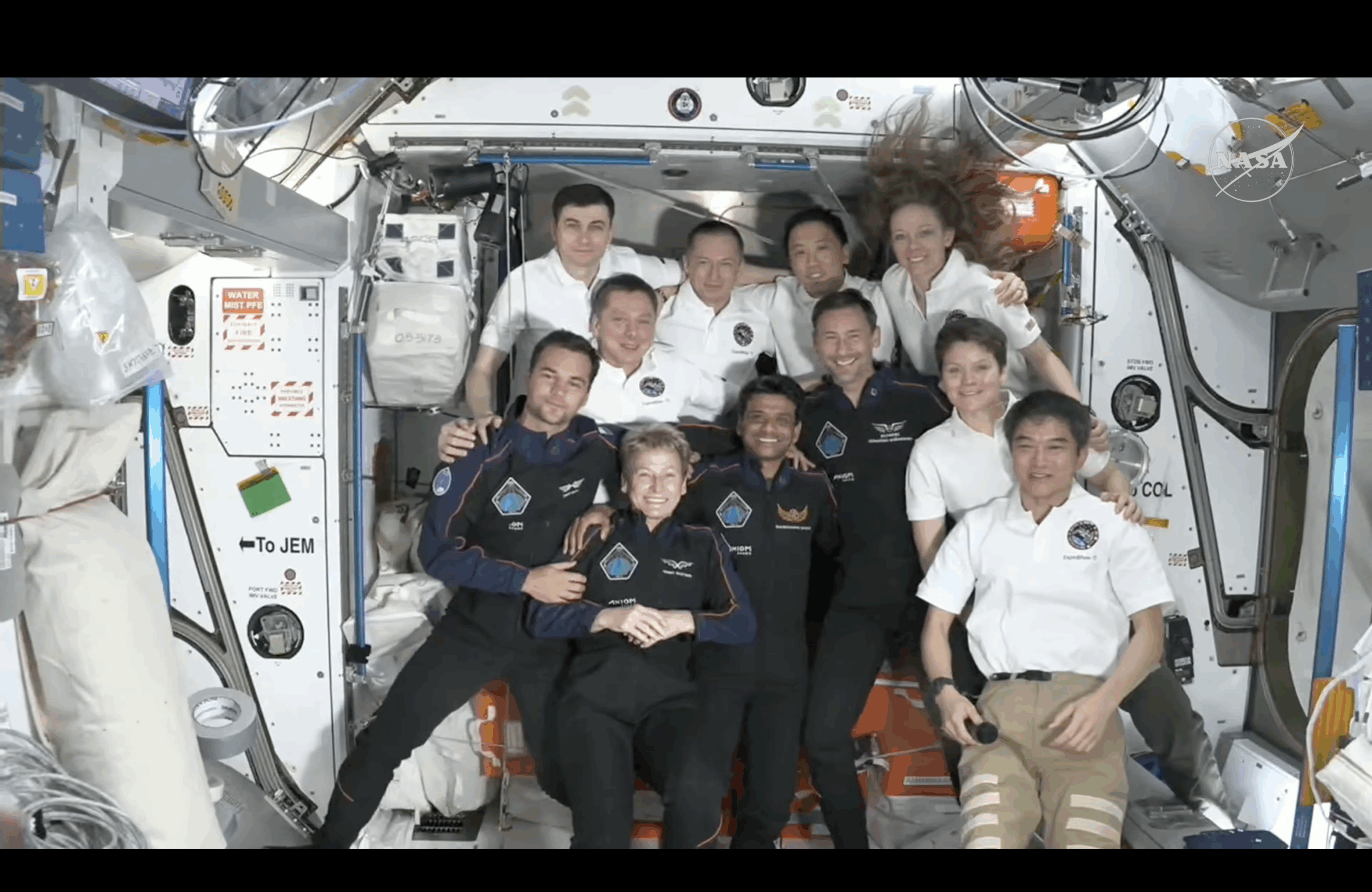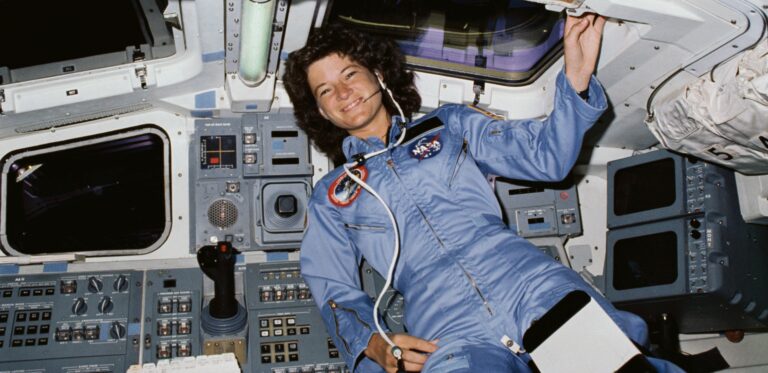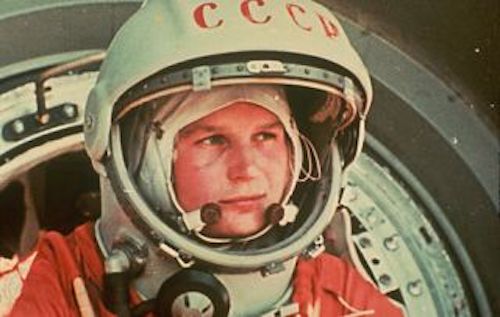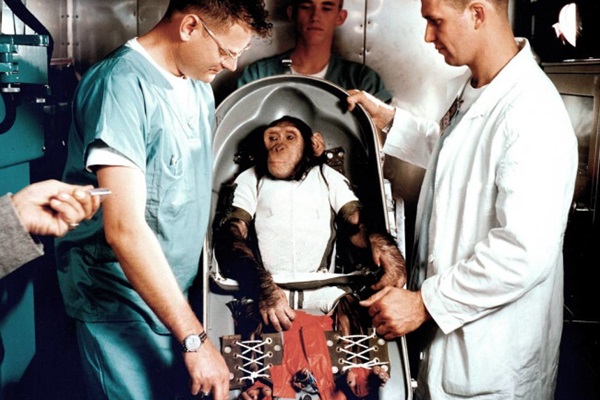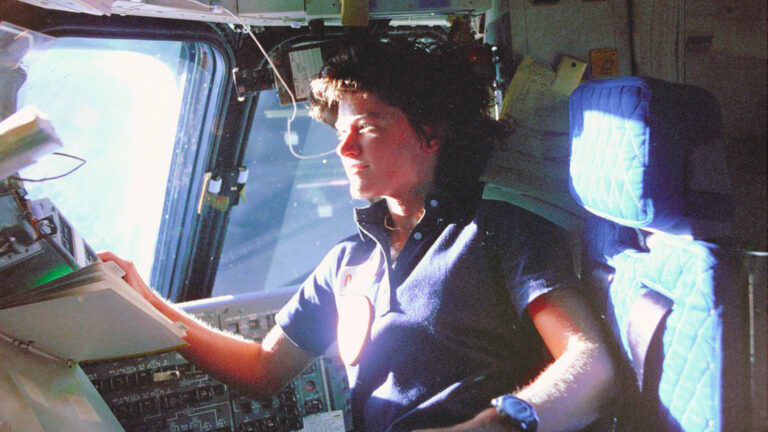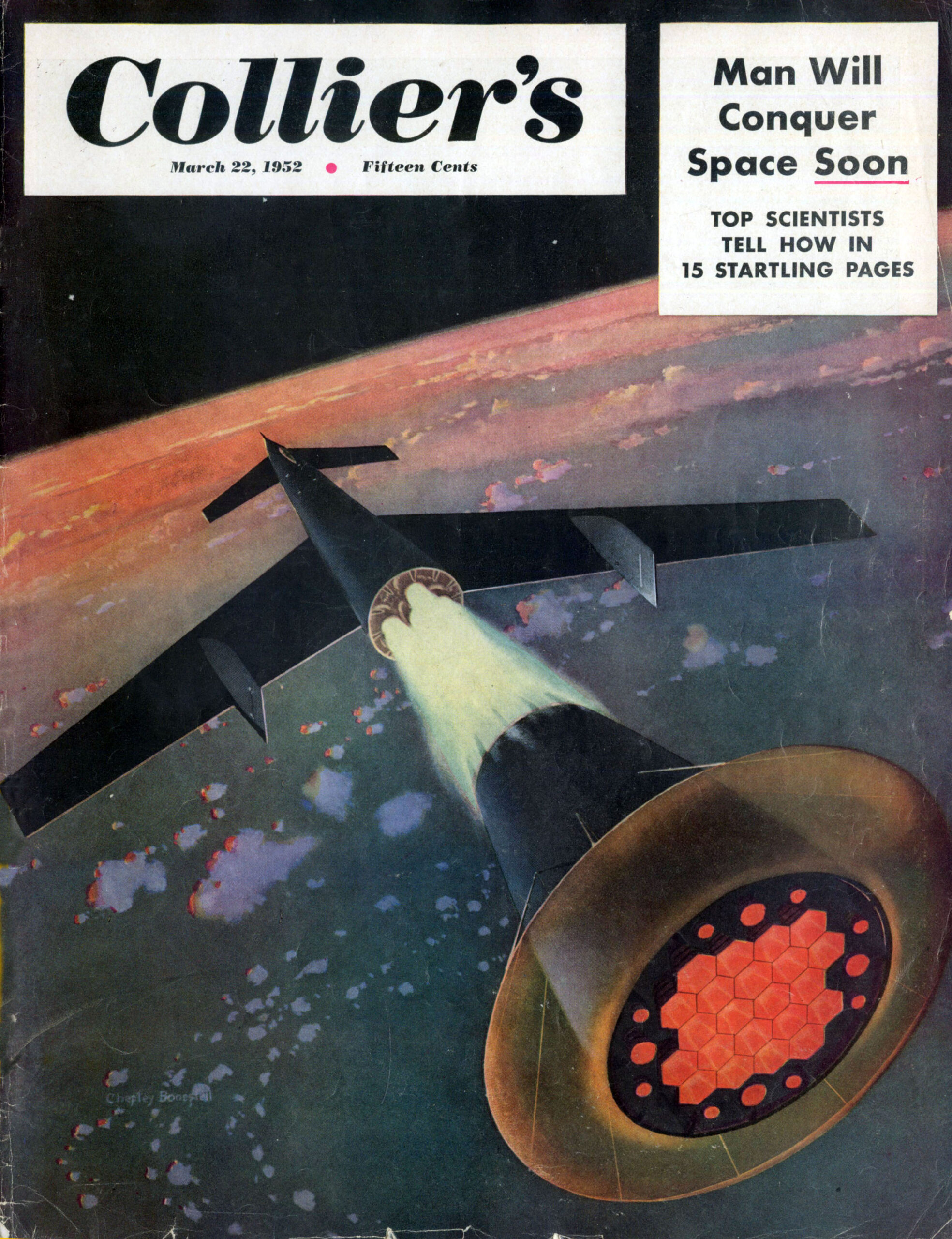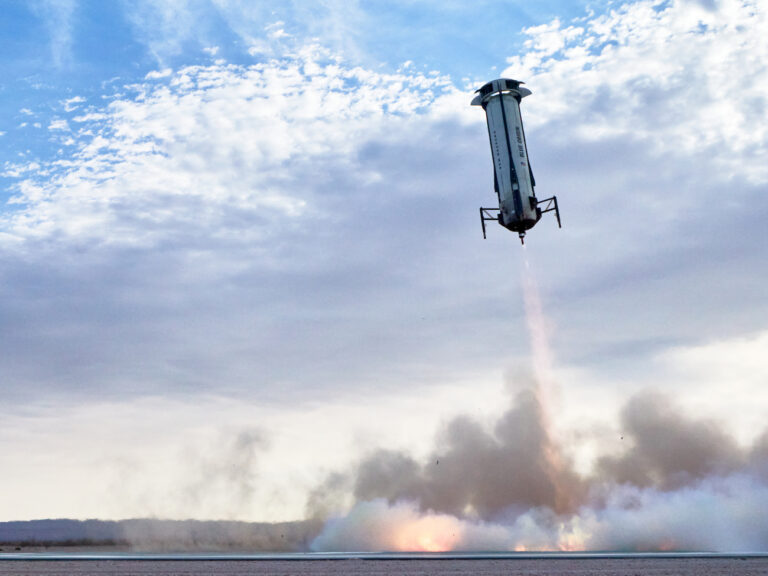Not long after Neil Armstrong and Buzz Aldrin landed the Lunar Module (LM) Eagle on the surface of the Moon in July 1969, someone paid a visit to Arlington National Cemetery in Virginia. Threading their way through its hallowed grounds to Lot 45, they surely spotted the dim glow of the John F. Kennedy Eternal Flame, then the bare Monson-slate marker for a president whose assassination six years earlier shocked the world. Pausing a moment, this anonymous visitor laid a small bouquet of flowers and a card. “Mr. President,” it read, with unabashed poignancy, “the Eagle has landed.”
It remains one of the great tragedies of the last century that Kennedy, the energetic young leader of the United States who, in May 1961, boldly directed his nation to land a man on the Moon before the decade’s end, did not live to see that promise fulfilled. Unsurprisingly for a politician, that promise was a politically motivated one, driven into force only weeks after the Soviet Union launched the first man into space and America globally humiliated itself with its failed attempt to topple Fidel Castro at Cuba’s Bay of Pigs.
Despite a constantly swaying pendulum of competing public opinion, Kennedy staunchly supported the lunar goal. There was disquiet over the president’s preferential treatment of the Moon above education and social welfare, for which he had vigorously campaigned during his years representing Massachusetts in the Senate. Indeed, a Gallup poll in May 1961 revealed only 42 percent of Americans heartily endorsed Kennedy’s bid for lunar glory.
The president had much to prove six decades ago today, on September 12, 1962, when he arrived at the 70,000-capacity Rice Stadium on the Rice University campus in Houston, Texas. The city had been chosen the year prior as the location for NASA’s Manned Spacecraft Center (MSC) — today’s Johnson Space Center (JSC) — and the university had played a pivotal role in its selection.
Kennedy aims for the Moon
As Kennedy took to the lectern around 10 A.M. that Wednesday morning, the stadium’s bleachers brimmed with a sweltering crowd of 40,000 or more. Fall semester classes were yet to begin, and the president’s audience members were mostly Rice freshmen, newly arrived on campus for orientation. Even at this early hour, temperatures looked set to soar to some 85 degrees Fahrenheit (30 degrees Celsius), as suited officials rhythmically tugged handkerchiefs from pockets to vigorously mop their brows. Perhaps aware of their discomfort, Kennedy pledged that his lecture would be brief.
Kennedy started his now-historic Rice speech by condensing the entirety of human history into a metaphoric 50-year “capsule of progress” to illuminate the relative recency of our evolution from cave-dwellers to farmers to space travelers. If all human history were condensed into a 50-year period, “Last month, electric lights and telephones and automobiles and airplanes became available,” Kennedy said, clearly relishing the extended metaphor. “Only last week did we develop penicillin and television and nuclear power.”
Humanity had advanced “at breathtaking pace,” he told the Rice crowd before stirring them with an equally breathless urgency to press on toward higher goals. “Some would have us stay where we are a little longer, to rest, to wait,” he said. “But this city of Houston, this state of Texas, this country of the United States was not built by those who waited and rested and wished to look behind them.”
At this moment, his audience broke into spontaneous applause. Kennedy continued. “But why, some say, the Moon? Why choose this as our goal? And they may well ask why climb the highest mountain? Why, 35 years ago, fly the Atlantic?”
Much of the speech’s content flowed from the mind and pen of Ted Sorensen, a lawyer, writer and advisor Kennedy regarded as his ‘intellectual blood-bank.’ But the next words from the president’s mouth were his own, scribbled in ink between Sorensen’s neatly typed lines of prose. “Why,” Kennedy asked the Rice crowd with an undeniable twinkle in his eye, “does Rice play Texas?”
Now he had them rapt, his play on the long-standing Rice-Texas football rivalry instantly winning him the ears of sports and space fans alike.
“We choose to go to the Moon,” Kennedy repeated to thunderous applause, “We choose to go to the Moon in this decade and do the other things, not because they are easy, but because they are hard. Because that goal will serve to organize and measure the best of our energies and skills, because that challenge is one that we are willing to accept, one we are unwilling to postpone and one we intend to win.”
The president recalled the great British mountaineer George Mallory, who was once asked why he so earnestly desired to summit Mount Everest. Mallory’s answer — “because it is there” — similarly inspired Kennedy’s desire to conquer the Moon, another aspect of the unknown. “And therefore, as we set sail,” Kennedy said, “we ask God’s blessing on the most hazardous and dangerous and greatest adventure on which man has ever embarked.”
Six decades on from that rousing 18-minute Rice speech, Kennedy’s words continue to resonate. Although most U.S. presidents over the past 30 years have promoted grand national goals of sending humans to the Moon, little of their rhetoric has matched the energetic vigor of the United States’ youngest leader. Kennedy was a man of vision, whose presidency spanned a time of great optimism and hopefulness for the future of space travel.
Officially known as the Address at Rice University on the Nation’s Space Effort, Kennedy’s words are better known today as the “We Choose” speech. And as a new rocket, the Space Launch System (SLS), sits poised in Florida to return humans to the Moon before the present decade is out, his words of human choice, hard work, and uncompromising endeavor in the face of adversity still carry great weight today.
Kennedy’s principal goal, admittedly, was to beat the Soviet Union in a bygone age of geopolitical and ideological dominance. But the Rice speech he presented to the American public 60 summers ago still retains its naked power, capable of igniting the human spirit and nurturing our sense of optimism for the future. And this aspiration to follow our human urge to explore the unknown, surely, remains a central tenet of what makes us who we are.


